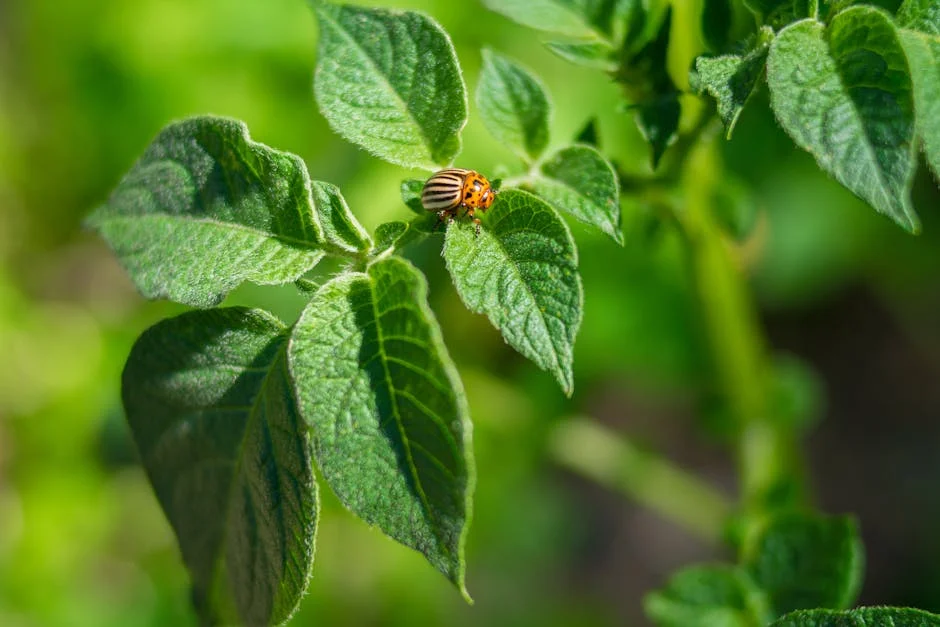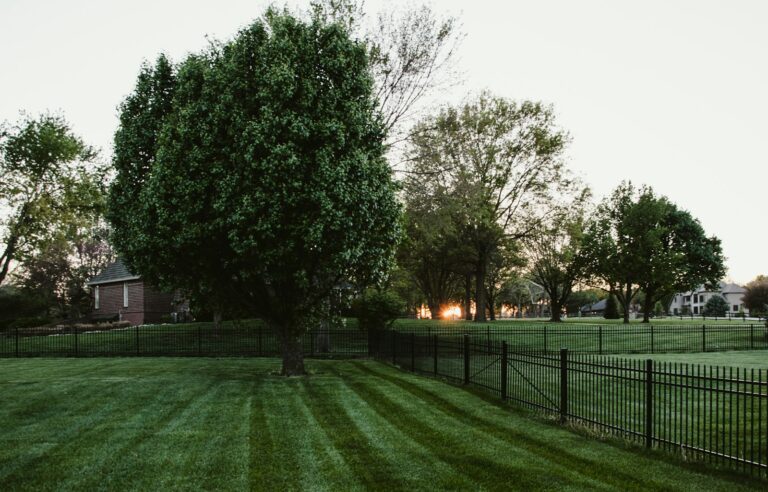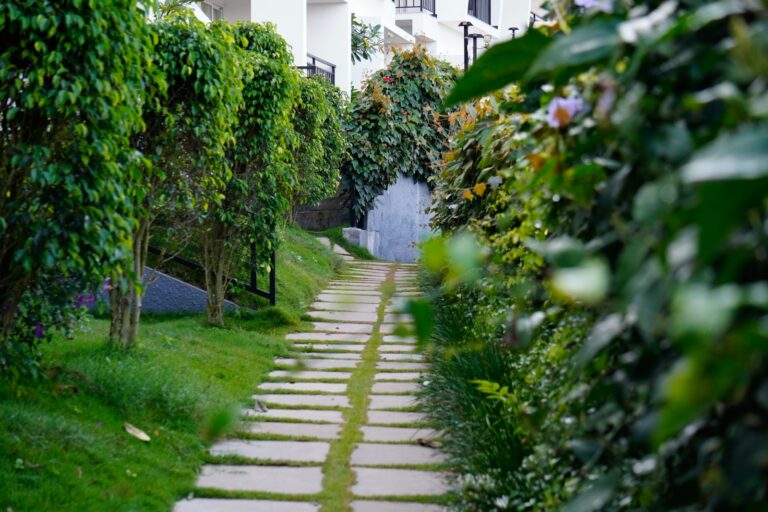How to Keep Your Outdoor Garden Pest-Free Naturally with Easy DIY Tips
Keeping your outdoor garden healthy and thriving means managing pests without relying on harsh chemicals. You want to protect your plants naturally, creating an environment where they can grow strong and resist common garden invaders.
The key to a pest-free garden is using natural methods that support plant health and gently discourage unwanted insects and critters. This approach helps maintain balance in your garden while keeping it safe for you, your family, and the environment.
Plant marigolds to repel aphids and nematodes
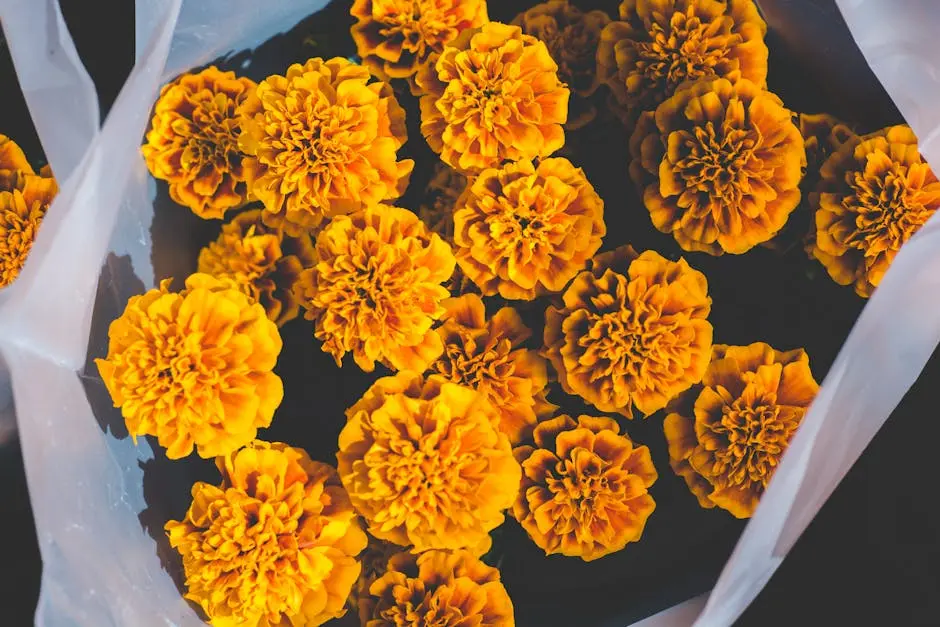
You can use marigolds to naturally keep aphids and nematodes away from your garden. Their strong scent confuses aphids, making it harder for these pests to settle on your plants.
Marigold roots release substances that are toxic to nematodes, which protects your vegetable roots from damage. Planting marigolds around your crops creates a natural barrier against these pests.
These flowers are easy to grow and bloom all summer, offering both pest control and bright color for your garden. By adding marigolds, you support a healthier and happier outdoor space without chemicals.
Use row covers to protect vegetables from insects

You can use row covers to create a physical barrier that keeps many common garden pests away from your vegetables. These lightweight fabrics allow sunlight, air, and water to reach your plants while blocking insects like beetles and loopers.
Floating row covers are easy to drape directly over your crops. You can also use hoops to support the fabric and create space for plants to grow without contact.
Row covers are a natural way to reduce pest damage without the need for chemical sprays. They also help extend your growing season by protecting plants from early frost.
Apply neem oil spray as a natural insecticide
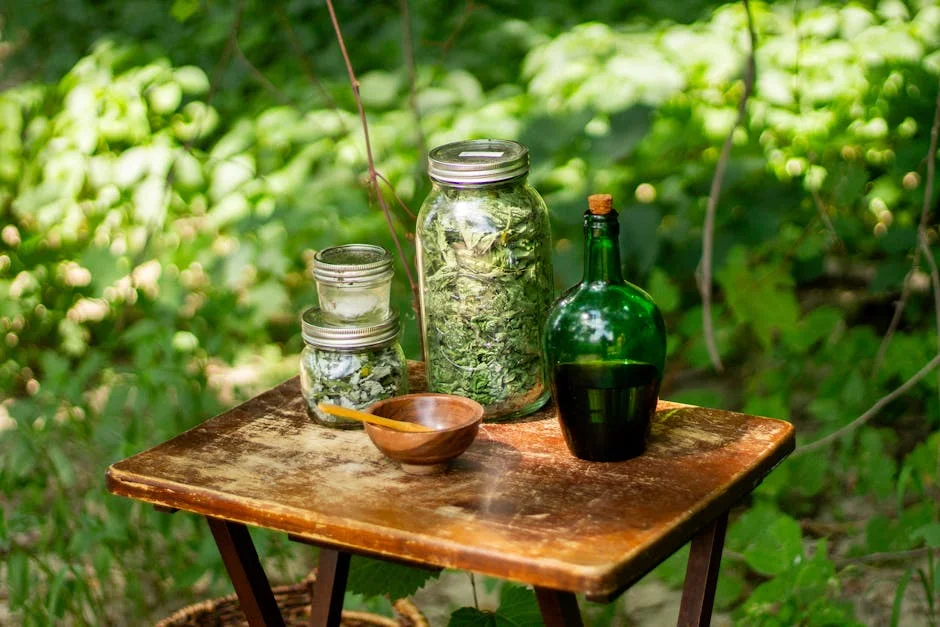
You can use neem oil spray to protect your outdoor garden from common pests naturally. It works by disrupting the life cycle of insects like aphids, whiteflies, and spider mites, helping to reduce their numbers without harming beneficial bugs.
Mix neem oil with water and a few drops of mild soap to make your spray. Apply it directly on affected plants, covering both tops and undersides of leaves for best results.
Use neem oil regularly, especially before pest problems become severe. This preventive approach keeps your garden healthier while avoiding harsh chemicals.
Introduce ladybugs to control aphid populations
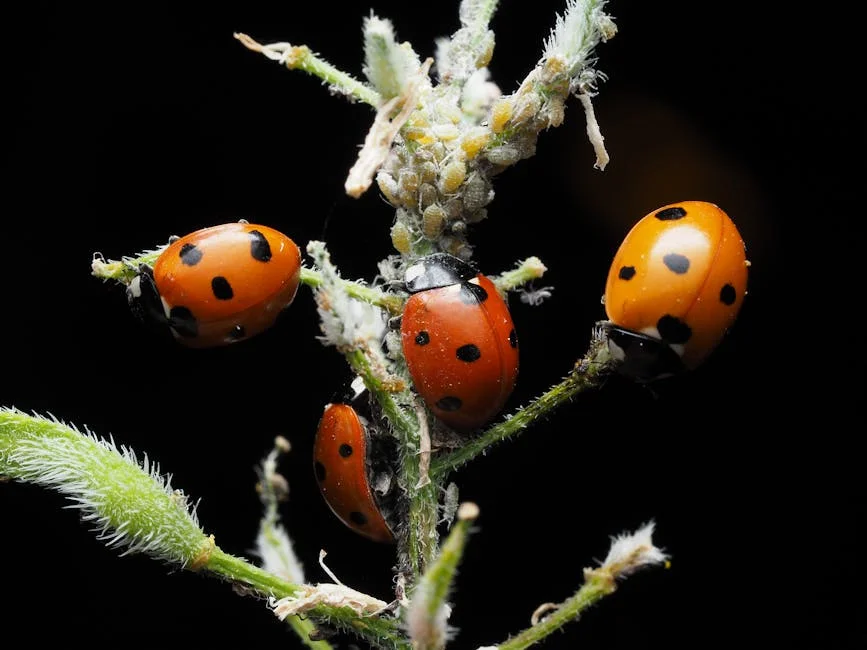
You can use ladybugs to help manage aphids naturally in your garden. These small beetles eat aphids and other soft-bodied pests that harm plants.
To encourage ladybugs to stay, create a welcoming habitat by planting flowers like dill, fennel, or marigolds. These plants provide food and shelter.
If you release purchased ladybugs, do it in the evening when it’s cooler. This helps them settle in without flying away immediately.
Keep your garden moist but not soaking wet. Ladybugs prefer humid environments, which also supports their larvae, helping control aphids over time.
Companion plant basil near tomatoes to deter pests
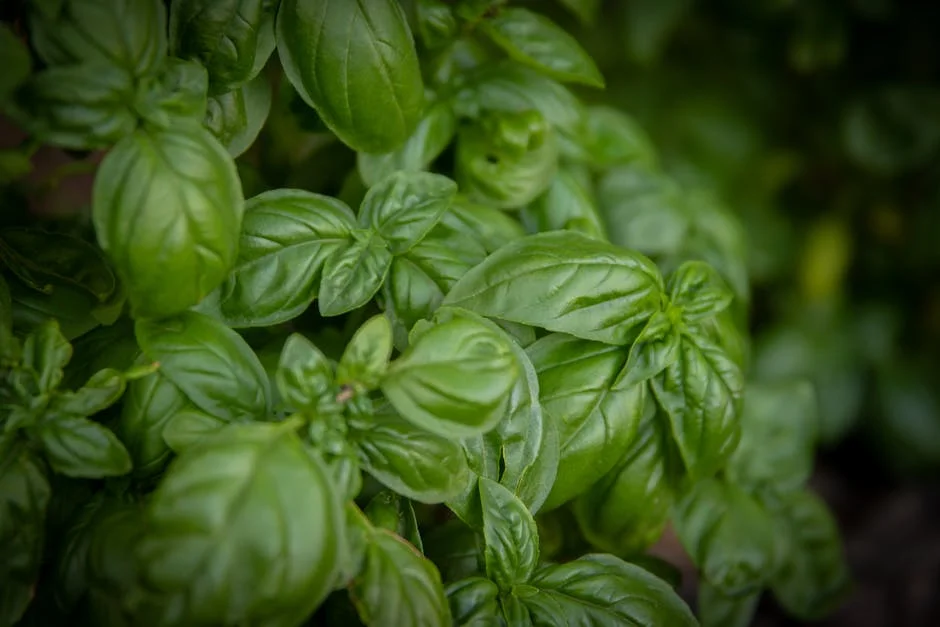
You can plant basil next to your tomato plants to keep pests at bay. Basil’s strong scent helps repel harmful insects like tomato hornworms and aphids. This natural protection reduces the need for chemical sprays in your garden.
Basil and tomatoes also thrive in similar soil and sunlight conditions, making them easy to grow together. Plus, some gardeners find that basil can even improve the flavor of their tomatoes.
Adding basil near your tomatoes is a simple and effective way to support healthy plants while keeping pests under control naturally.
Set up DIY fruit protection bags to keep birds away
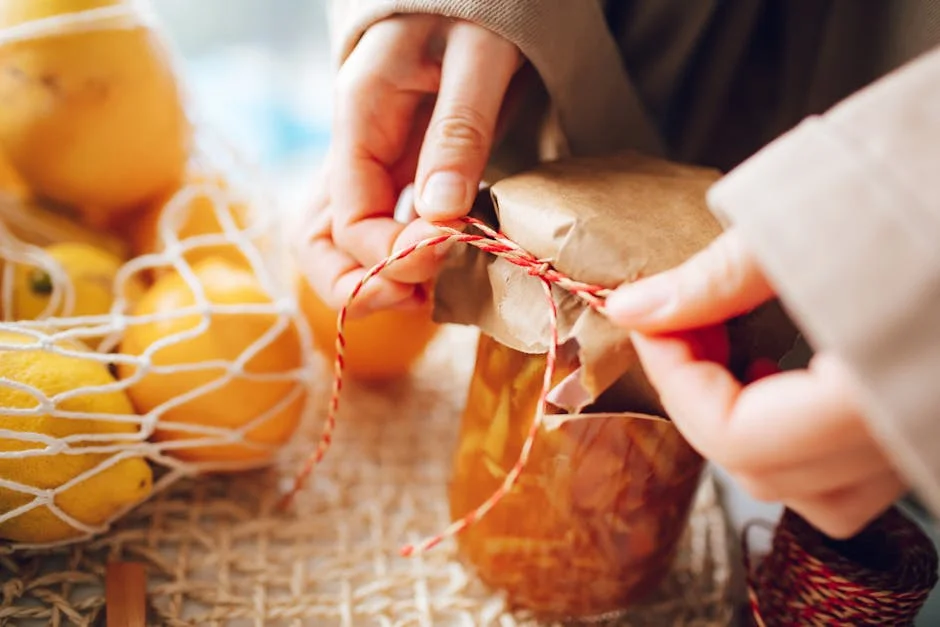
You can easily create fruit protection bags using breathable fabric like organza or repurposed mesh bags. These allow air and light in while keeping birds and other pests out.
Simply place the bag over individual fruits or small clusters and secure it around the stem or branch. This method prevents birds from pecking your harvest without chemicals.
Using reusable bags is eco-friendly and cost-effective. Plus, it helps your fruits develop healthily with good airflow.
DIY bags are great for small trees, bushes, or even container plants. They give you a simple way to protect your garden naturally.
Maintain garden hygiene by removing dead leaves and debris
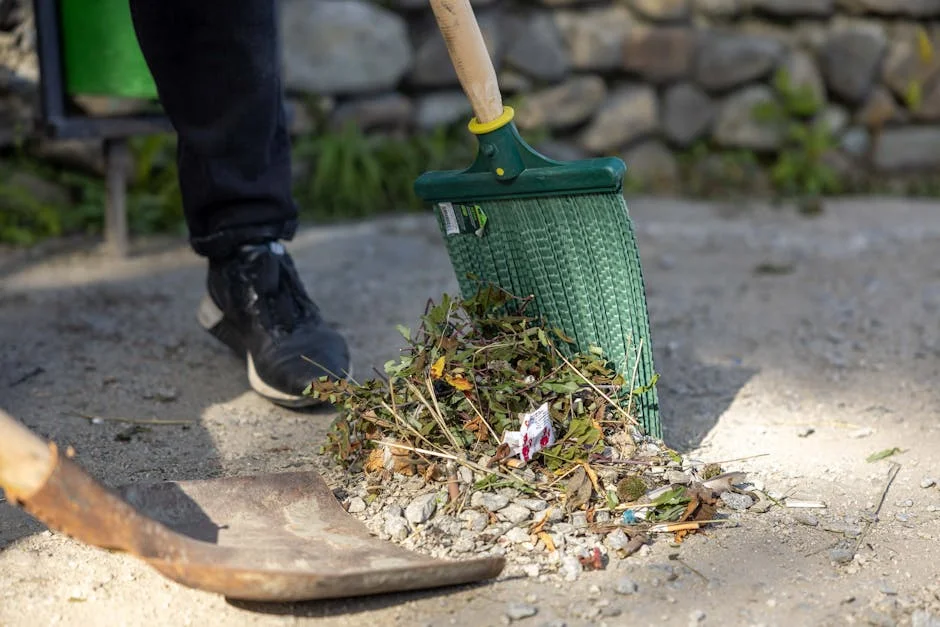
You should regularly clear away dead leaves, fallen fruit, and plant debris from your garden. These materials can attract pests and create spots where diseases easily take hold.
Removing debris helps break the life cycle of pests by eliminating their hiding places.
Keeping your garden clean also improves air circulation around your plants. Better airflow reduces dampness, which often leads to fungal issues.
By staying on top of debris removal, you create a healthier environment that supports strong, thriving plants without relying on harsh chemicals.
Attract beneficial birds with birdhouses and feeders
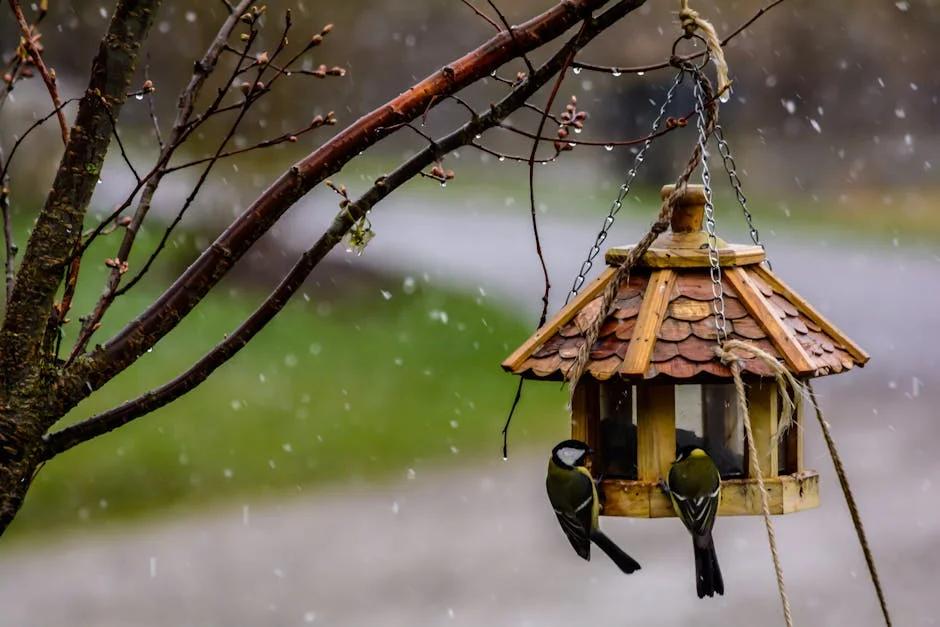
You can invite helpful birds into your garden by setting up birdhouses and feeders. Birds naturally eat many garden pests, making them a great ally in pest control.
Place birdhouses near shrubs or plants where birds can feel safe. Adding feeders with varied seeds will attract more birds, providing a steady food source for them.
Keep feeders clean and fresh, and include a birdbath nearby. Providing water helps birds stay healthy and encourages them to stick around your garden.
Spray a garlic and chili pepper homemade insecticide
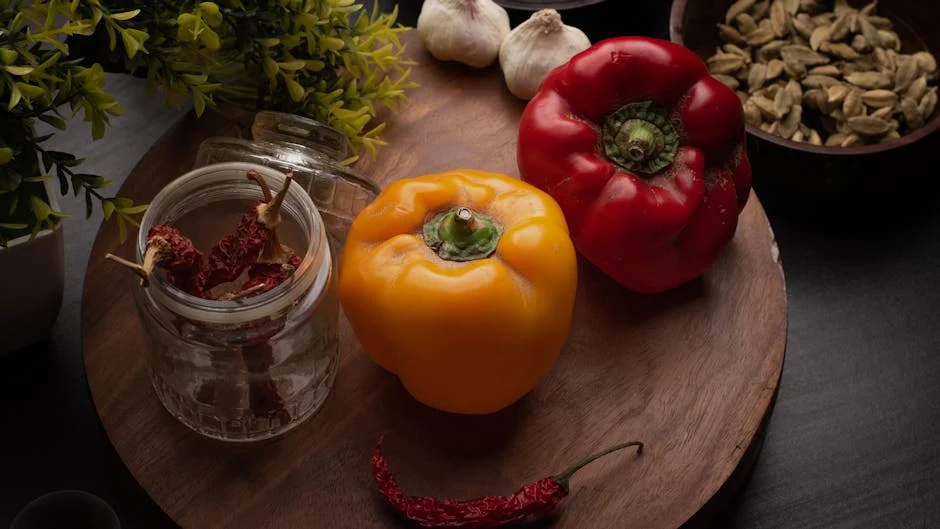
You can protect your garden using a simple spray made from garlic and chili peppers. Both ingredients contain natural compounds that repel many common pests without harming your plants.
To make this insecticide, blend garlic cloves and chopped chili peppers with water. Let the mixture sit for several hours, then strain it and add a small amount of mild soap to help it stick to leaves.
Spray this mixture on your plants regularly, especially after rain. This natural option keeps pests away while avoiding harsh chemicals in your garden.
Grow pest-repelling herbs like rosemary and thyme
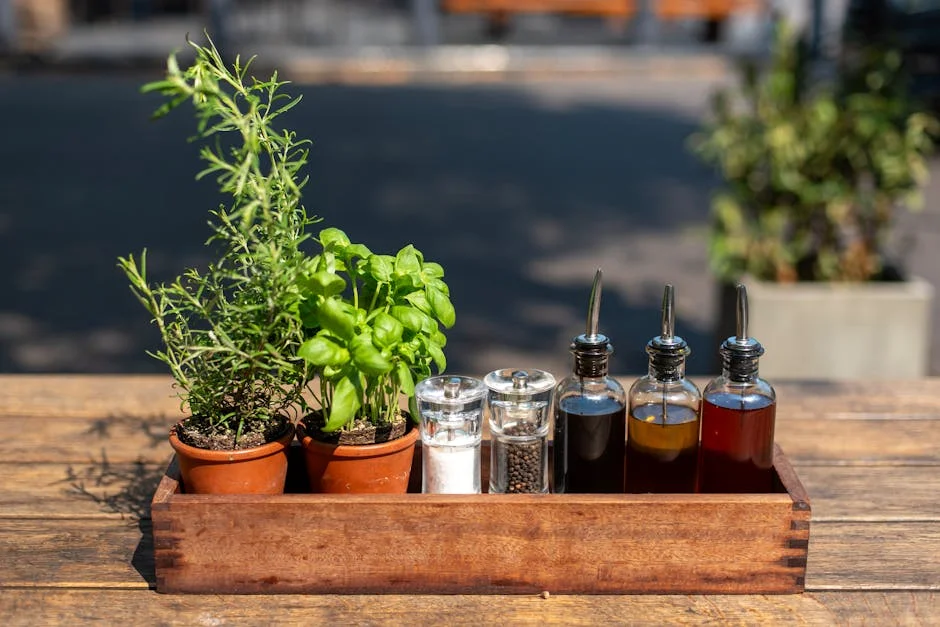
You can keep pests away by planting herbs like rosemary and thyme in your garden. Their strong scents naturally repel insects such as beetles, slugs, and mosquitoes.
Rosemary also supports nearby plants by improving their health and protecting them from certain pests. When planted close together, rosemary and thyme work even better to deter bugs like cabbage moths.
These herbs are easy to grow and add fresh flavors to your kitchen. Plus, they attract pollinators that help your garden thrive while keeping unwanted pests at bay.

